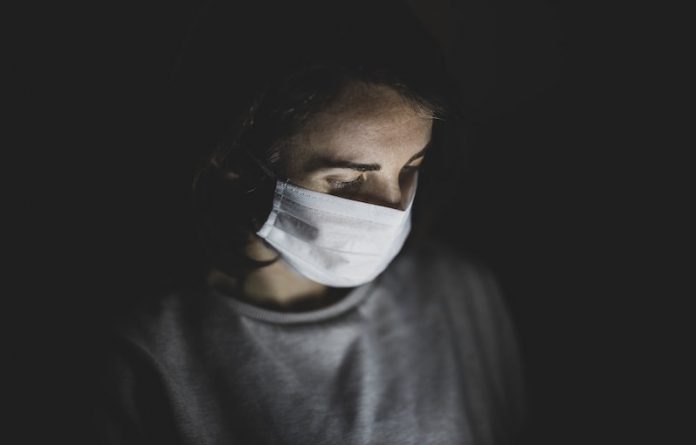
Scientists from Oregon State University found that COVID-19 patients had a roughly 25% increased risk of developing a psychiatric disorder in the four months following their infection.
The findings support previous research on mental disorders among post-COVID patients.
In the study, researchers used data from 46,610 COVID-19-positive people with control patients who were diagnosed with a different respiratory tract infection.
They looked at the rate of psychiatric diagnoses for two time periods: from 21 to 120 days after patients’ COVID diagnosis, and from 120 to 365 days after diagnosis, limited to patients with no previous mental illness.
The researchers found that COVID patients had a 3.8% rate of developing a psychiatric disorder compared with 3.0% for other respiratory tract infections. The 0.8% difference amounts to about a 25% increased relative risk.
They looked specifically at anxiety disorders and mood disorders and found a minor but strong increase in risk for anxiety disorders and no change in risk for mood disorders.
The results speak to the need for both patients and health care providers to be more proactive when it comes to addressing mental health concerns following COVID infection.
The team suggests for people that have had COVID if you’re feeling anxiety if you’re seeing some changes in how you’re going through life from a psychiatric standpoint, it’s totally appropriate for you to seek some help.
And if you’re a care provider, you need to be on the proactive side and start to screen for those psychiatric conditions and then follow up with those patients.
When patients leave a doctor’s office, the team recommended that providers consider calling in two weeks for a check-in.
In the larger context of COVID and health care in the U.S., any increase in the amount of people seeking care, especially psychiatric care, will add further strain to a system that is already stretched to maximum capacity.
If you care about COVID, please read studies about existing drugs that can kill COVID-19 virus, and a new drug that could prevent COVID-19.
For more information about COVID, please see recent studies about the cause of severe inflammation in COVID-19, and results showing this drug duo may help cure COVID-19.
The research was published in World Psychiatry and conducted by Lauren Chan et al.
Copyright © 2022 Knowridge Science Report. All rights reserved.



